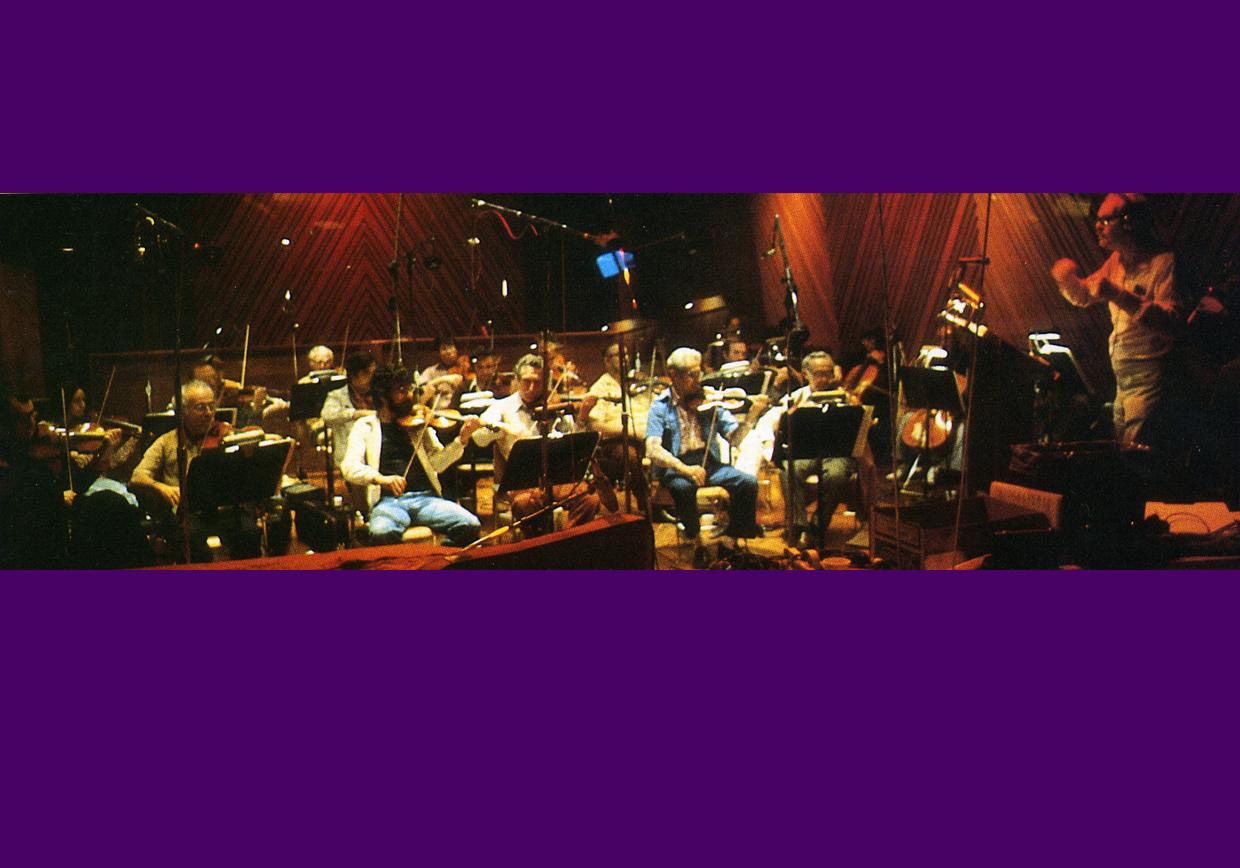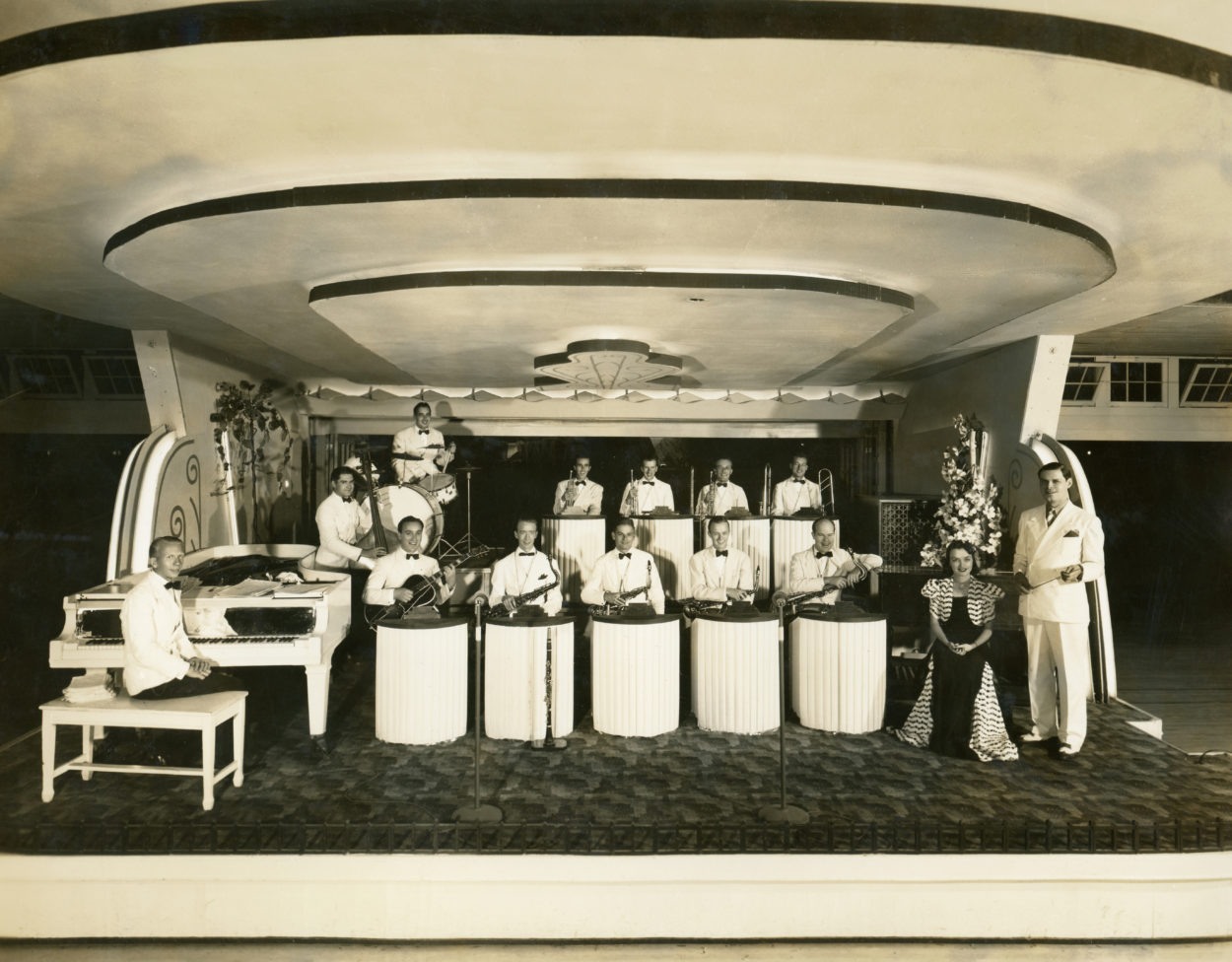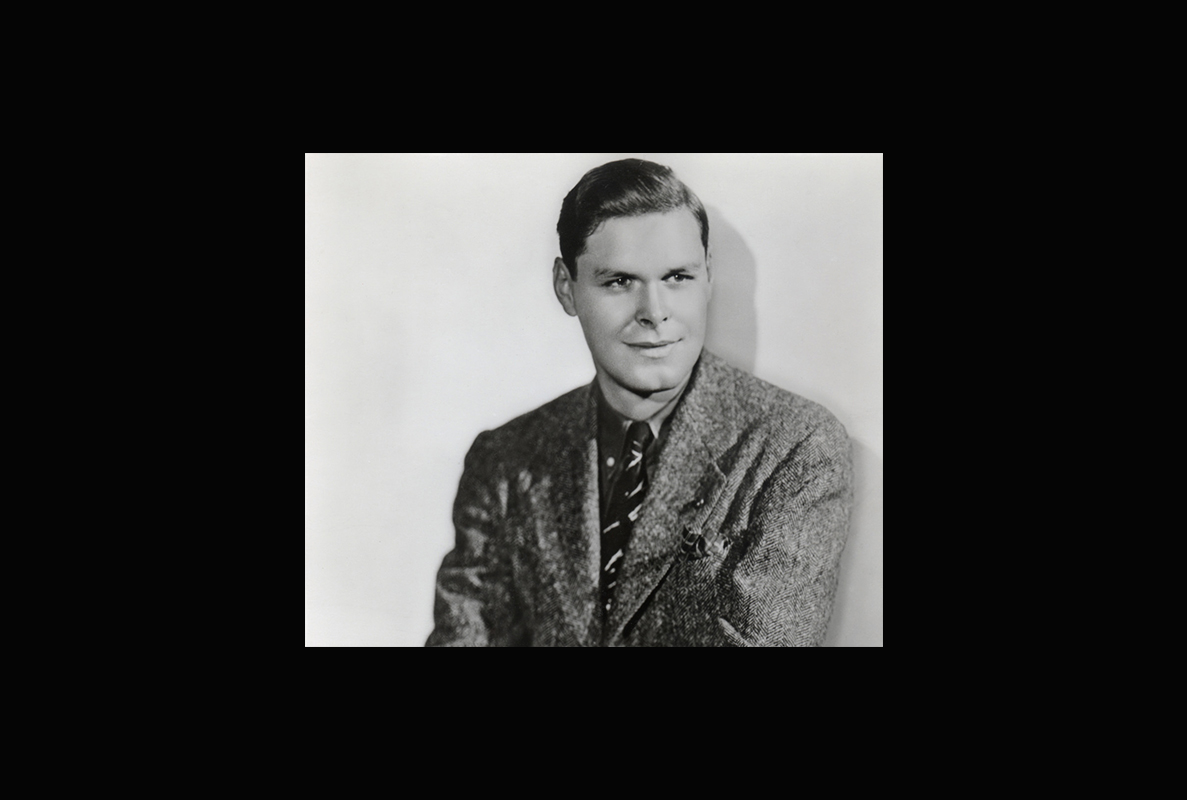EQUAL INTERVAL SYSTEM®
The Equal Interval System®, or EIS®, is an instructional course in music composition, arranging, and orchestration. The work is the expression of Lyle “Spud” Murphy’s® musical theory based on his observations of the harmonic series or “nature’s overtones” along with decades of applying his methods to film scores, television scores, arrangements, and original recordings. His method employs horizontal composition utilizing music intervals and many other unique concepts which also encompass traditional music thought and expand into a completely original unified theory. This system can be used to organize the sounds of any historical period of music while also providing a basis for finding new and unique sounds from the simplest to the most complex relationships possible with 12 equal intervals. Achieving success for over half a century, graduates of this course find they compose better, faster, with fewer mental blocks.
Inquire for lessons HERE
Lyle Murphy – excerpt from EIS® text
The Equal Interval System of Horizontal Composition was developed to satisfy the working musician’s need for a theory method which would enable one to express, freely, their own musical ideas. It is a simplified and highly accurate method of counting, or spacing, all of the horizontal and vertical intervals used in modern music. Of greatest importance to the creative musician is the fact that it is designed to utilize, in every possible form, any or all of the intervals found in music including any of the structures employed in the regular systems. This makes it possible to write music in any accepted idiom or to deviate from it in any degree from slightly to completely. Therefore, it can be applied to any existing type of music or it can be the basis for complete originality… it is merely a question of musical architecture. A student of this system has a wide range for self-expression, from conforming to standard practices, or unhampered by the usual restrictions, to composing in extremely free forms.
Composing should be fun and with this method it is. We have no need of mental blocks of any kind. We are supposed to have complete freedom when we have finished the text. It will give us the most pleasure we’ll ever receive from any musical activity involving study.
A musical system, if it is to have any value to a composer, must have a unifying principal. The conventional system does this through the use of a “key” which stresses the strong intervals. But the patterns from which one has to work are limited and have been exploited to the point of exhaustion. Some modern writing is a mixture of diatonic patterns liberally sprinkled with experiments by the composer and these do not always gel, as there is no real unifying principle involved. The unifying principle of this system is the use of Equal Intervals plus upper partials and the patterns are therefore unlimited. This method is not experimental since it has proved completely successful on numerous recordings and in television and motion picture scores.
Whoever absorbs the knowledge available in the course and masters the method of producing patterns will evolve his or her own style of playing or writing music. The graduates of this system are creative individualists.
-Lyle “Spud” Murphy
Composer, Arranger, Musician, Author
TESTIMONIALS
“It’s a killer course. I highly recommend this course to anyone who wants to seriously study music.”
“You can look forward to developing your hands, your ears and your mind. An unstoppable combination when it comes to music.”
“A work of this nature can only serve to aid aspiring jazz pianists to achieve more harmonies and creative avenues.”
“Spud not only set me free, he set me on fire!”
“I first came to Spud with the idea of learning some simple techniques for arranging and orchestrating. Five years later, I found that every aspect of my perception of music had transformed.”
“The course takes a lot of hard work and dedication, but you get twice as much out of it as what you put into it.”
This work can only serve to facilitate and inspire journeys to new and uncharted musical terrain.”
“Spud is a music composition detective. He has discovered new ways to create core ideas that enable students to develop their own music composition language.”
“If you are a writer of words, you are limited if your vocabulary is weak and if you only know a few ways of combining those words. EIS® gives you a huge musical vocabulary.”
“EIS has increased my ability to hear, arrange and to improvise all kinds of music.”
“EIS is probably the only system that seamlessly incorporates jazz, classical and scoring into one succinct course.”
“Spud’s ideas shine like a brilliant spotlight on music of all kinds: classical, jazz, and pop. Far from posing a threat to traditional theory, Spud’s concepts expand and illuminate centuries-old musical doctrines.”





